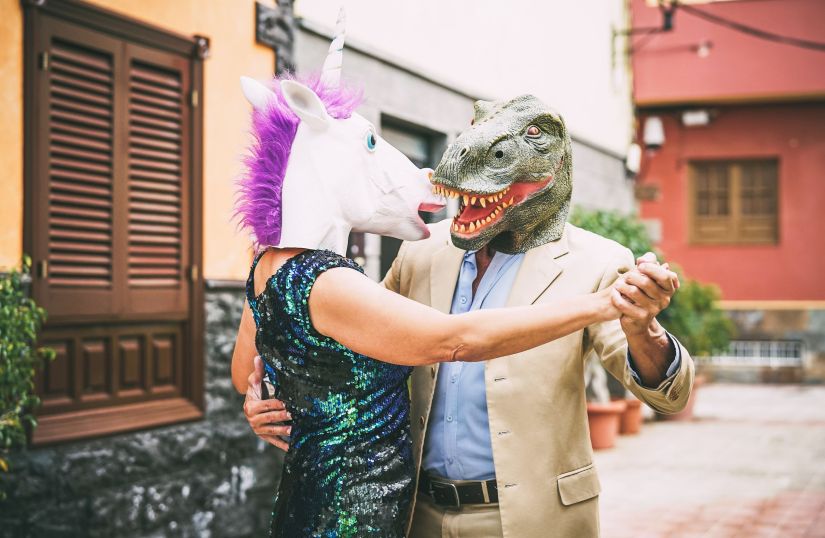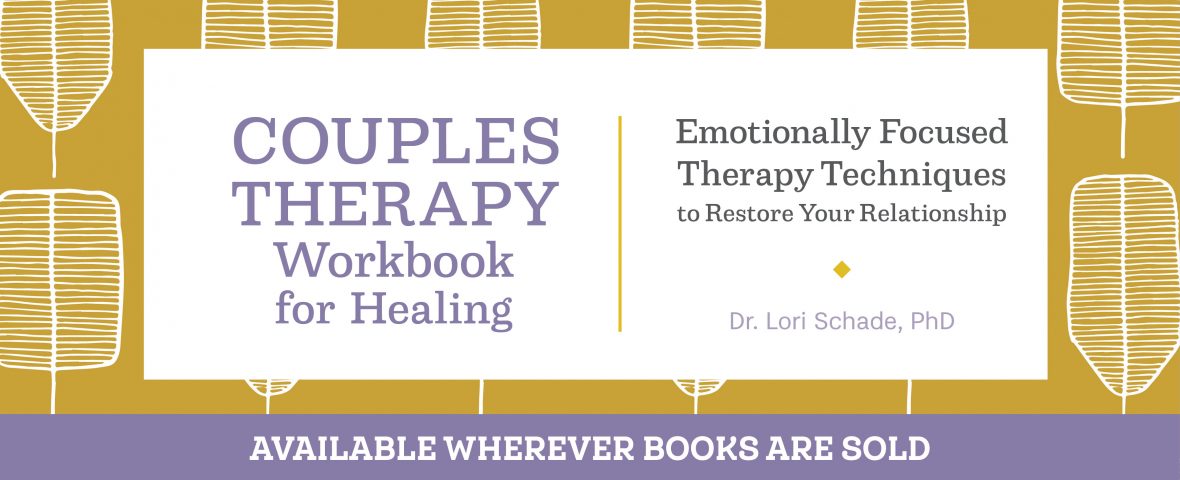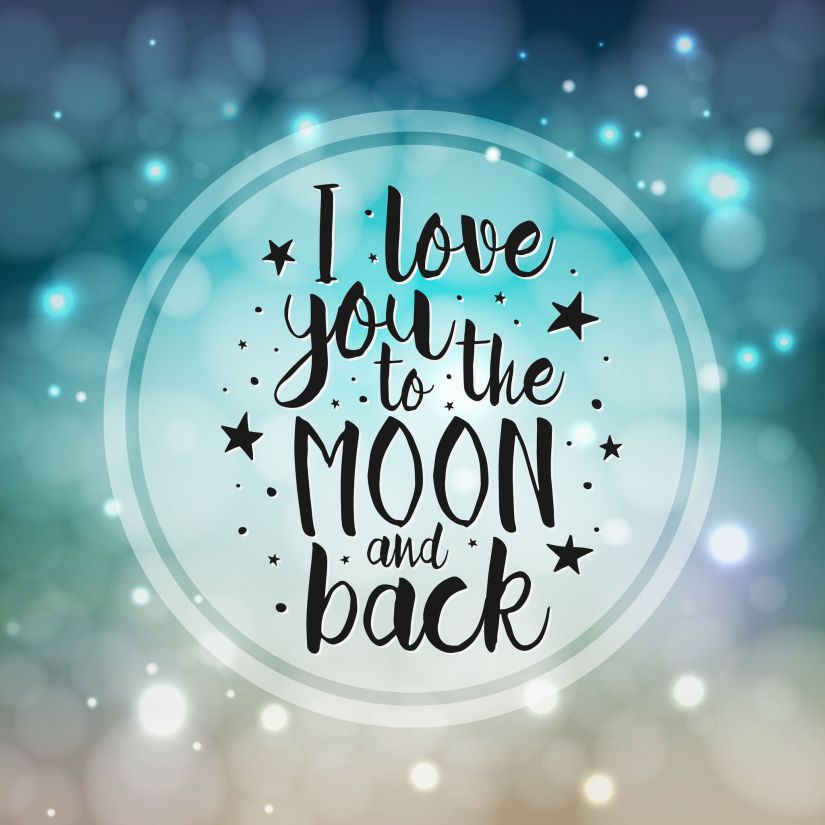
In a typical conversation with a couple the other day, the wife turned to me after her husband responded in a nurturing way and explained, “OK, here’s where I’m struggling: Imagine for years and years and years you are living with this big, angry Tyrannosaurus Rex, and you are constantly battling this creature and never feeling safe, because it is always coming at you with aggression, and as nice as you are, you always have this T-Rex coming at you, no matter what you do, and suddenly the T-Rex calms down and acts differently and seems safe, but you can only see this dangerous T-Rex and it doesn’t make sense that this angry dinosaur that is predisposed to aggression is something different, even if it’s behaving differently. How do you trust that when it still looks like a T-Rex to you? What am I supposed to do with that?”
She was alluding to the many years she spent with a husband who had learned to detach from emotion. He didn’t acknowledge his own vulnerable emotions and reacted to hers with irritation and annoyance. Like many men, he learned that emotions were “for women,” and not to be trusted. He had no interest in acknowledging that he even had vulnerable emotion. As a result, she gave up expecting him to be emotionally responsive.
Unfortunately, that’s when he realized that if he was going to preserve his relationship, he might need to face some childhood trauma and learn coping skills for the emotion that seeped out in reactive ways. For the first time ever, he gained understanding for how he avoided emotion and shamed the people around him for expressing any kind of emotional need. He increased compassion and had serious regrets about his past actions.
My immediate response was, “Well, I would say your confusion and caution are very normal and to be honest, functional. It would not make sense for you to immediately get close to something that has caused you pain repeatedly. You would have to start having different, predictable experiences with the T-Rex to believe that the changes were durable before you could trust it, but please indulge me briefly in an alternative explanation:
“What if the Tyrannosaurus Rex was actually a costume with a zipper, and you unzipped it, revealing a gentle but flawed person who learned that to survive, he needed to wear the costume to keep people at a distance because they weren’t safe. He finally learned new ways of understanding and managing his uncomfortable emotions for the first time without the costume so he doesn’t need to wear it anymore, or at least as often. You realize the T-Rex wasn’t a T-Rex after all, but a scared person with the need for protective garb because he didn’t know how to survive without it until now. What if this is the real person and not the T-Rex?”
“Huh,” she responded, pondering the idea. “So you’re saying that maybe this is really who he has been all along but couldn’t show it and I’m just experiencing the real person for the first time?”
“I’m saying that it’s entirely possible that he has not felt safe enough to approach the world without the costume, but that now with different awareness and skills, he is finally showing his real self because he knows how and is willing to take the risk.”
“Oh. That changes it,” she replied.
Indeed it does.
We all wear masks. We learn early in life that if we don’t edit ourselves, or conform to expected standards, we will be hurt. We protect ourselves with personas to control how we are perceived to gain acceptance with social groups. Most of us have several personas at hand with which to cloak ourselves, depending on the various situations we face.
Most people yearn for connection, and maintain close connections where they feel acceptance. Ideally, we want to be accepted for who we are, unmasked. However, when we get hurt, we quickly shield ourselves from future pain by keeping people at a distance. That distance takes the form of figurative masks. For many of us, donning the mask is so automatic that it’s hard to know where the mask ends and the true self begins. Many people don’t know how to operate without them, or even realize that there’s a difference.
I believe people are fundamentally compassionate, but that trait is compromised when they have been wounded. We get so many messages to meet societal expectations that we don’t even trust bringing our true selves forward. It takes work to gain awareness of this and learn how to be different.
I’m hoping on this strange, fantastic holiday of Halloween with origins in Samhain, where costumes were used to ward off ghosts, that we might consider what “ghosts,” we are protecting ourselves from and consider the impact on our personal relationships. The “ghosts” of romantic relationships gone awry. The “ghosts” of ridicule. The “ghosts” of failure. The “ghosts” of rejection. We all have them.
Speaking of Halloween, removing our masks is one of the scariest things we can do. One of the most compelling “treats” we have to offer is our own compassion to other “masked,” frightened vulnerable humans who can only “unmask” when they have reassurance that they will be acceptable to us unmasked, warts and all. Happy Halloween.


